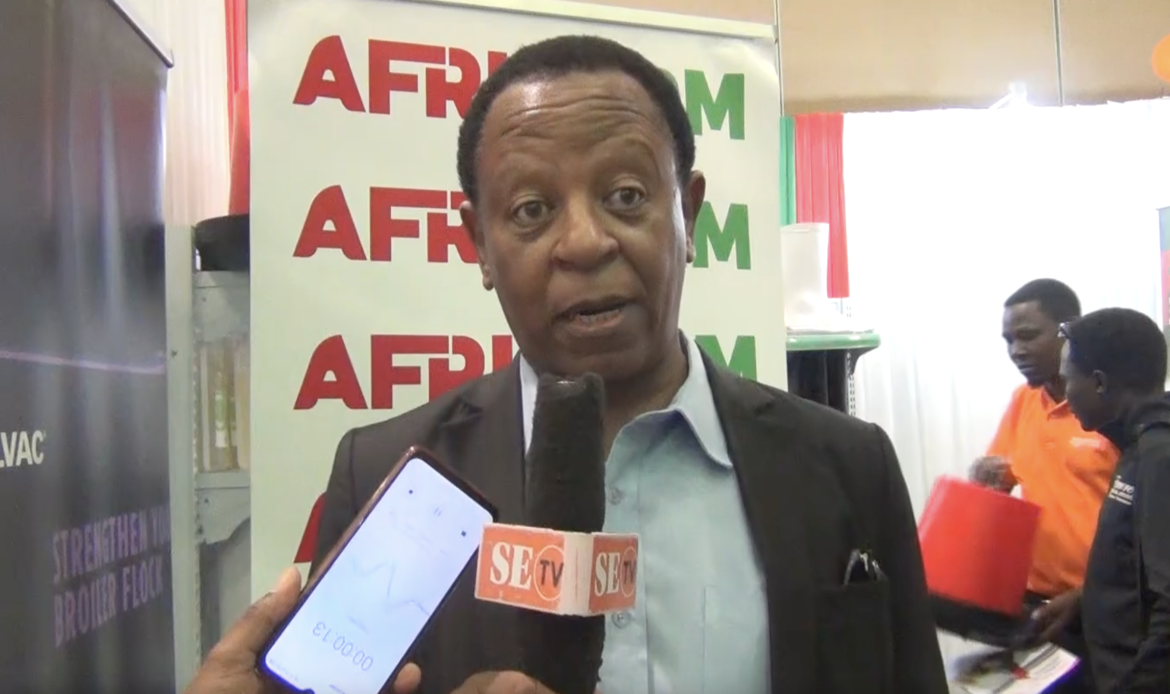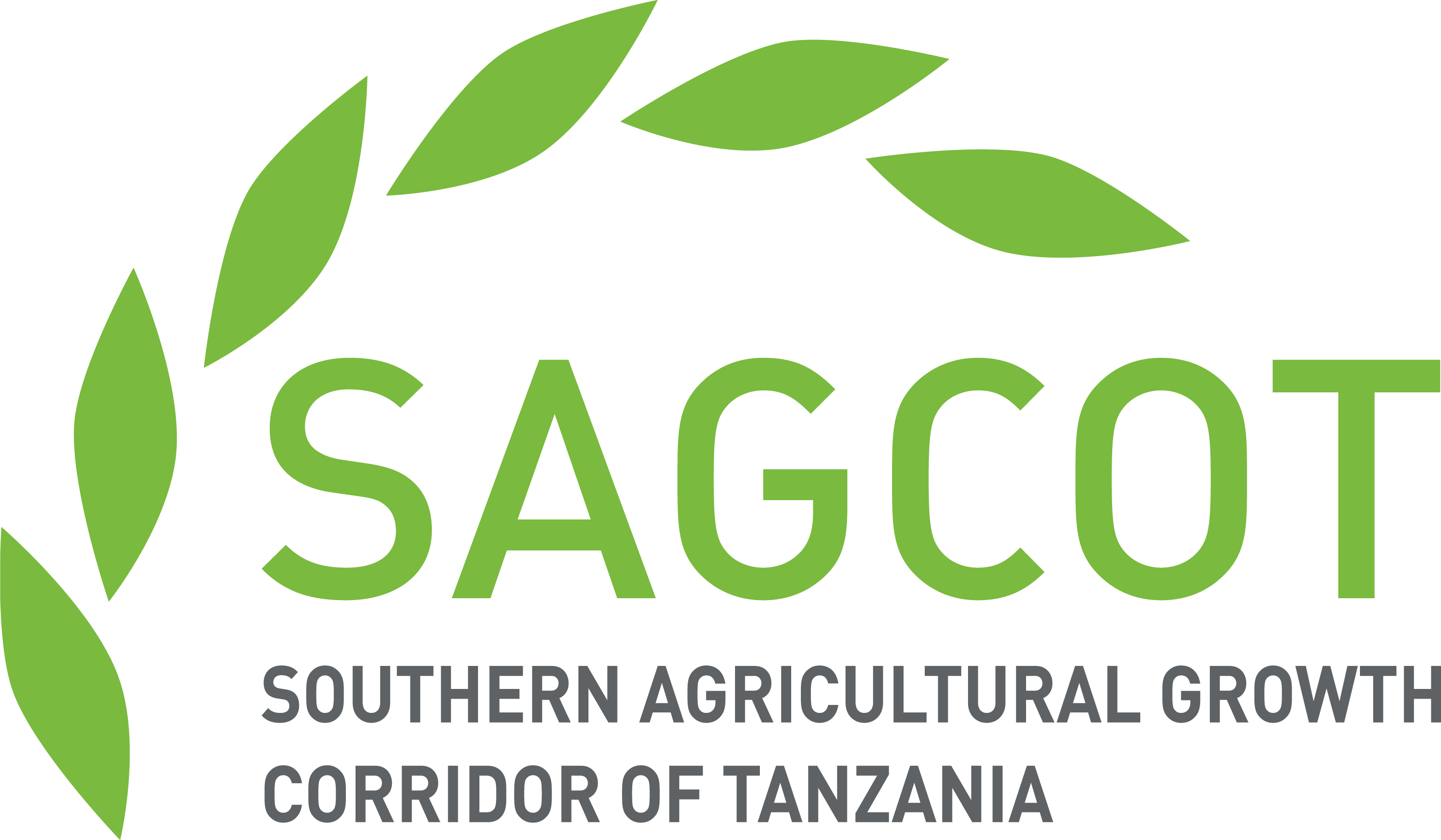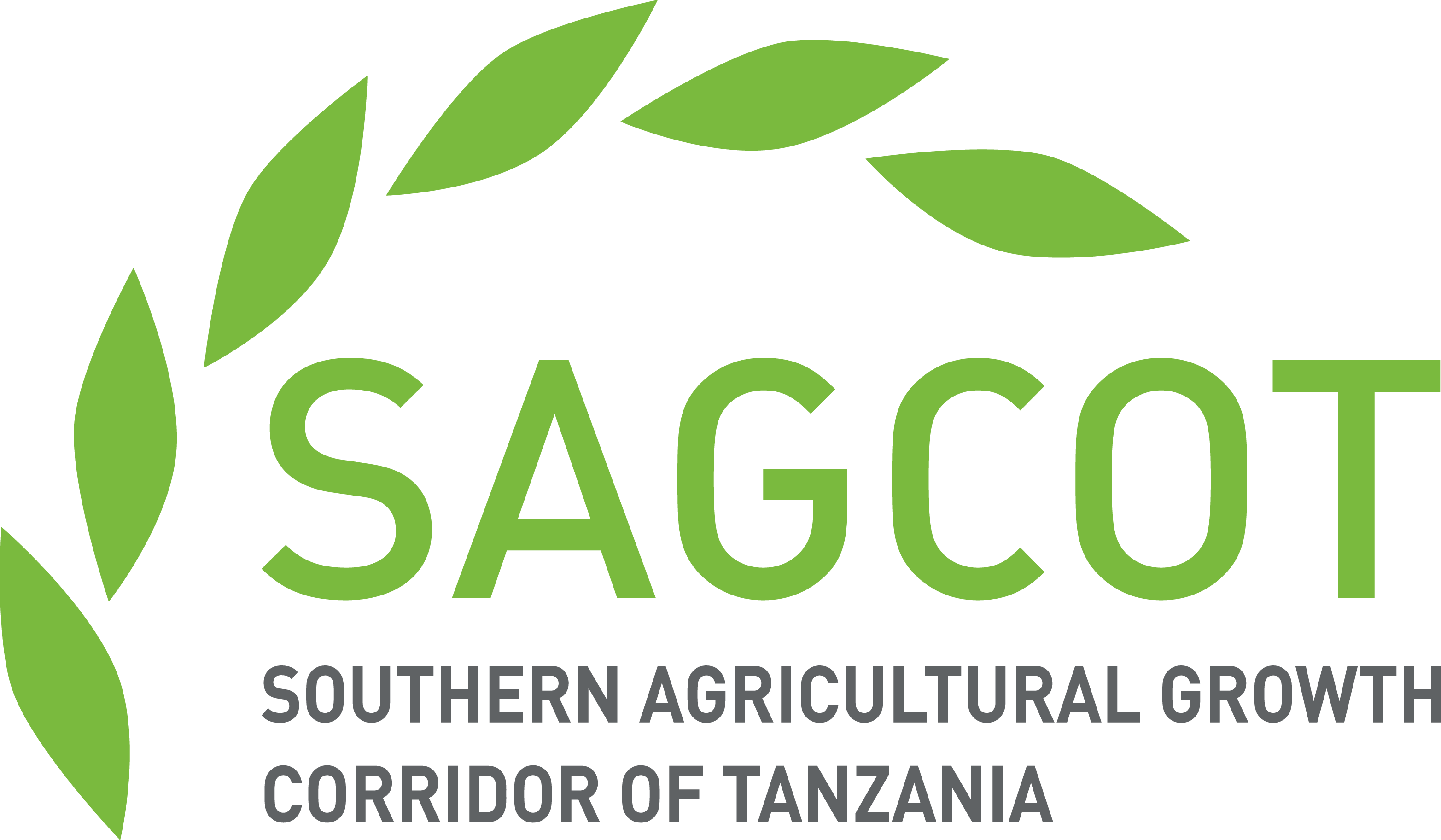Dar es Salaam, 19th Oct 2024
At the Tanzania Poultry Show 2024, SAGCOT CEO Geoffrey Kirenga emphasized the potential for Tanzanian smallholder farmers to significantly boost soybean production, advocating for increased local manufacturing of agricultural tools and other value chain enhancements.
Kirenga highlighted the stark difference between Tanzania’s current soybean production of 20,000 tonnes and the national demand of 250,000-300,000 tonnes. He outlined SAGCOT’s goal to increase production to 50,000 tonnes in the coming year and 100,000 tonnes in the long term, stressing that smallholder farmers could achieve an annual output of 2 million tonnes with concerted effort.
“Through coordinated efforts, we can increase production and meet the growing demand for soybeans, which are critical for livestock feed and human nutrition,” Kirenga stated.
Kirenga underlined the SAGCOT’s support for agricultural stakeholders and active participation in organizing the event. Speaking at Afrifarm’s booth, Kirenga recognized the company as a rising force in agriculture, showcasing products like vaccines and disinfectants that strengthen biosecurity, prevent disease outbreaks, and promote better hygiene in poultry farming operations.
“I am impressed with the variety of products Afrifarm is offering, from vaccines that help reduce disease in our livestock, especially poultry, to disinfectants that ensure clean environments in poultry houses,” Kirenga noted. He added that Afrifarm also provides a range of farm tools, such as boots and equipment that simplify farm work, citing their growing local market demand.
Kirenga emphasized the importance of local manufacturing, urging Tanzanian companies to increase the production of quality agricultural tools within the country, reducing reliance on imports. “This is an excellent opportunity for local manufacturers to produce these necessary tools at a larger scale, helping us avoid importing from outside,” he explained.
Kirenga acknowledged the positive role of the government in improving agriculture, with institutions ensuring market access and quality standards. “The Ministry of Agriculture is working hard to improve market access and ensure that the right inputs, such as inoculants and fertilizers, are available for crops like soybeans,” he added. Kirenga also highlighted Hills company’s soybean oil processing and subsequent soybean meal production, a key ingredient in feed for poultry, fish, pigs, and dairy cattle. He noted, “Soybeans are not only essential for livestock feed but are also consumed by humans, making them a highly valuable crop.”
The event attracted participants from eight international countries, and Kirenga observed a more professional approach to the show this year. “This year, we see a more organized display, with real business deals and trade relationships forming. Tanzanian farmers now have greater opportunities to increase productivity and efficiency in poultry farming,” he concluded.
Kirenga thanked stakeholders and the Ministry of Livestock and Fisheries for organizing the event. He also thanked SAGCOT’s partners and stakeholders for their active participation, both within and outside government, and reaffirmed SAGCOT’s commitment to driving agricultural growth in Tanzania.
What SAGCOT CEO Geoffrey Kirenga said in full
“Today, we are participating both as part of the organizing team and observing our various stakeholders who are also here. For example, I’m currently at the Afrifarm booth, a company emerging in the agriculture and livestock sector.
Today, they are showcasing several products they are selling locally, which are gaining significant demand among farmers. For instance, they have various disinfectants that help ensure hygiene and prevent disease outbreaks in poultry houses. They also offer vaccines, which greatly help in reducing disease attacks on our livestock, especially in poultry farming.
Another notable thing I observed here is the variety of tools used by farmers, such as boots and other equipment that help reduce workload and hazards on farms. I believe it’s a great step for local companies to begin producing high-quality tools. This is an opportunity for those manufacturing these tools to scale up production locally instead of importing from abroad.
I would like to congratulate Afrifarm, but I also want to extend my gratitude to the Ministry of Livestock and Fisheries, as well as the institutions involved in organizing this exhibition. Additionally, I want to acknowledge the stakeholders who have participated, both inside and outside the government. SAGCOT is pleased to see that many of our stakeholders, both within and outside the government, have been involved extensively.
Our greater contribution now in the agricultural sector, beyond promoting investors, is focusing more on soybean production. The demand for soybeans is very high in the country. Currently, we produce around 20,000 tonnes, but domestic demand can reach up to 250,000 or even 300,000 tonnes annually. There is, therefore, a need to increase production. Within SAGCOT, we have plans to increase production from 20,000 tonnes to 50,000 tonnes in the coming year. If we succeed, we will continue increasing production, aiming for 100,000 tonnes. Tanzania, through smallholder farmers, can produce up to 2 million tonnes per year. The government is working hard to ensure that markets are favorable, and the Ministry of Agriculture is well-prepared, along with its institutions overseeing market services and ensuring that inputs are available.
Regarding soybeans, we especially need inoculants, which act like fertilizers for legumes, to enhance productivity. There is a lot happening, including processing. Afrifarm, for instance, is producing animal feed. You have seen Hill Company starting to produce soybean oil, and after extracting the oil, they get soybean meal, which is used for animal feed, especially for poultry, fish, pigs, and dairy cows. Soybeans are also a food for humans.
All of these efforts contribute significantly to agricultural development in this country, and I believe that things are going very well.
There is international participation here, with about eight countries attending, which is a notable improvement compared to the past. You can also see that the exhibition is well-organized, with business deals and trade relationships being formed. We are confident that, through this exhibition, Tanzanian poultry farmers will gain even greater opportunities compared to previous years. These opportunities will help them improve productivity and efficiency in poultry farming. Thank you very much.”
SAGCOT CENTRE CEO Geoffrey Kirenga





